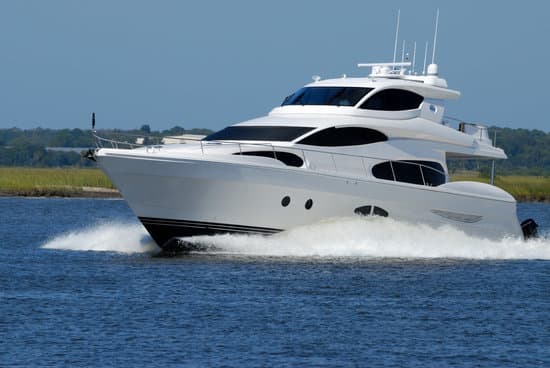Boater Safety: Navigating the Waters with Confidence and Care

Boating is a popular and enjoyable activity, offering a perfect blend of relaxation and adventure. However, the beauty of open waters also comes with inherent risks. To ensure a safe and enjoyable experience, it is essential to understand and adhere to key boater safety practices. Whether you are a seasoned mariner or a first-time boater, these safety tips will help you navigate the waters with confidence and care.
1. Always Wear a Life Jacket
The most fundamental safety measure for any boater is wearing a life jacket. Life jackets save lives by providing buoyancy and keeping you afloat in case of an emergency. Ensure that everyone on board, including children and pets, wears a properly fitted, U.S. Coast Guard-approved life jacket at all times.
2. Take a Boating Safety Course
Education is a crucial component of boating safety. Boating safety courses, often offered by organizations such as the U.S. Coast Guard Auxiliary, the American Red Cross, and local maritime authorities, cover essential topics including navigation rules, emergency procedures, and proper vessel operation. Completing a course can enhance your boating knowledge and significantly reduce the risk of accidents.
3. Check the Weather
Weather conditions can change rapidly on the water. Always check the weather forecast before setting out and remain vigilant for signs of changing weather while boating. If you notice dark clouds, increasing winds, or a sudden drop in temperature, it is wise to head back to shore immediately to avoid being caught in a storm.
4. Perform a Pre-Departure Checklist
Before leaving the dock, conduct a thorough pre-departure checklist to ensure your boat is properly equipped and in good working order. This checklist should include:
- Checking the engine and fuel levels
- Testing lights and navigation equipment
- Ensuring you have enough fuel for your trip
- Verifying that the bilge pump is operational
- Confirming that all safety gear is on board and in good condition
5. Follow Navigation Rules
Understanding and following the “rules of the road” for boating are essential to prevent collisions and ensure safe navigation. These rules include:
- Maintaining a safe speed to avoid collisions
- Keeping a proper lookout for other vessels, swimmers, and obstacles
- Yielding the right of way to avoid accidents, particularly to non-motorized vessels, commercial vessels, and vessels that are restricted in their ability to maneuver
- Navigational buoys and markers indicate safe channels, hazards, and regulatory areas. Staying within marked channels helps avoid running aground or hitting underwater obstacles. Obey regulatory markers that indicate no-wake zones, speed limits, and restricted areas.
6. Avoid Alcohol Consumption
Operating a boat while intoxicated is illegal and highly dangerous. Alcohol impairs judgment, coordination, and reaction times, increasing the likelihood of accidents. Designate a sober captain to ensure the safety of everyone on board.
7. Equip Your Boat with Essential Safety Gear
Ensure your boat is equipped with all necessary safety gear, including:
- A fire extinguisher
- Flares or other visual distress signals
- Sound-producing devices such as a horn or whistle
- A first-aid kit
- An anchor with sufficient line
8. Inform Someone of Your Boating Plan
Before heading out, inform a friend or family member of your boating plan, including your destination, expected return time, and who is on board. This information can be crucial for search and rescue operations if something goes wrong.
9. Practice Proper Anchoring Techniques
When anchoring your boat, ensure you use the right type of anchor and enough line (typically 7-10 times the depth of the water). Drop the anchor slowly and ensure it is securely set to avoid drifting. When in crowded areas, be mindful of other boats and ensure you are not obstructing navigational routes.
10. Be Aware of Invasive Species
To protect local ecosystems, clean your boat, trailer, and equipment before entering and after leaving any body of water to prevent the spread of invasive species. Drain water from the boat, live wells, and bilge before transporting your vessel to another waterway.
Boating laws and regulations vary from state to state, covering aspects such as required safety equipment, speed limits, and operator licensing. It is crucial for boaters to familiarize themselves with the specific laws in their state and any local rules that may apply to the waters they plan to navigate.
Boating is a wonderful way to enjoy the outdoors, but safety must always be a top priority. By following these essential boater safety tips, you can ensure a fun, safe, and memorable experience on the water. Remember, preparation and vigilance are key to preventing accidents and ensuring the well-being of everyone on board. Happy boating!
If you or someone you know has been injured in a boating accident, contact the lawyers at Davis & Gelshenen for a free, no-obligation consultation: 1.866.427.2121.


